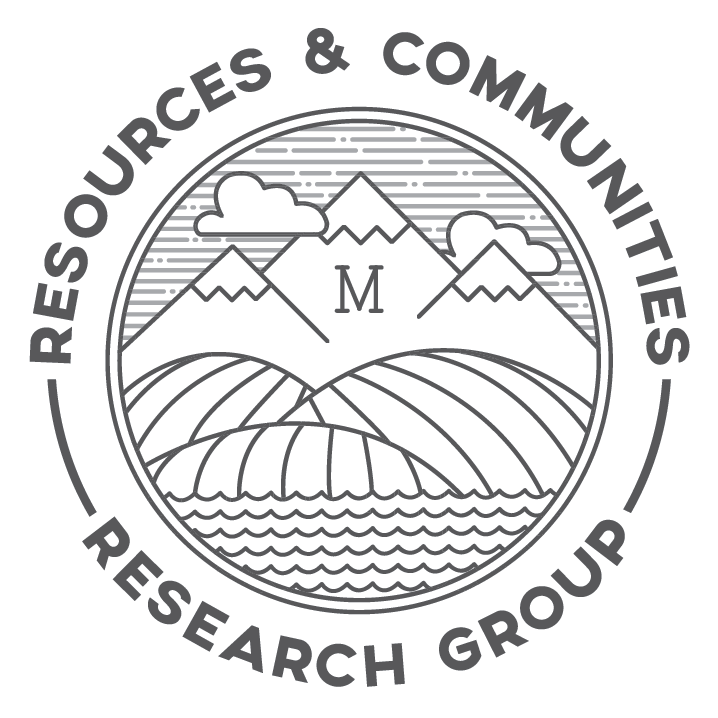One of my longest-standing research interests is the local concerns at the nexus of the economic restructuration, land use policy and environmental change. This interest has driven studies on ranchland dynamics and wildlife management in the Greater Yellowstone Ecosystem; on agricultural intensification and the freshwater quality crisis in New Zealand; and on rural sustainability challenges in the Northern Great Plains. See, for example:
2018. Haggerty, J. H., M. Auger, and K. Epstein**. Ranching Sustainability in the Northern Great Plains: An Appraisal of Local Perspectives. Rangelands 40(3): 71-98. doi: 10.1016/j.rala.2018.03.005
2007. J. H. Haggerty, “‘I’m not a greenie but…’: Environmentality, eco-populism and governance in New Zealand, Experiences from the Southland whitebait fishery.” Journal of Rural Studies 23: 222-237.
2006. J. H. Haggerty and W. R. Travis, “Out of Administrative Control: Absentee Owners, Resident Elk and the Shifting Nature of Wildlife Management in Southwestern Montana.” Geoforum 37: 816-830.
CURRENT PROJECTS in this area include:
Ranchland Dynamics 2.0 is a mixed methods inquiry into the implications and trajectories of the acquisition of large ranch properties by the ultra-wealthy. The project is co-led by Hannah Gosnell and funded by the National Science Foundation GSS program (#1832452). It involves an analysis of ranch sales in partnership with appraiser Andy Rahn, an analysis of trajectories of property ownership based on interviews, and a study of cooperative wildlife management efforts. Kathleen Epstein, PhD candidate, is a lead researcher on this work.
MSU’s Grassland Resilience Working Group is a joint effort of RCRG and the Montana Institute on Ecosystems. The working group acts as a hub for network building and knowledge exchange among diverse disciplines and off-campus constituencies. The working group involves a grad student ‘study circle’ that convenes fall and spring semesters, and a spring seminar series (monthly).
